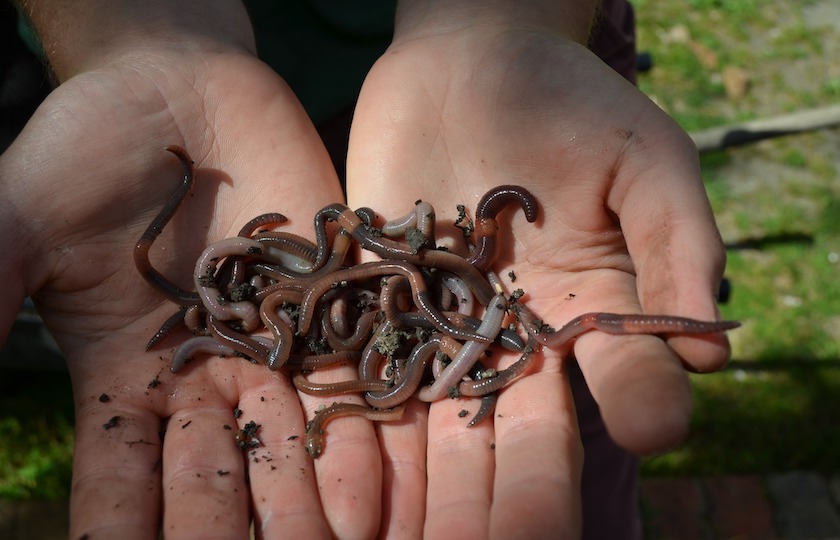Hamilton City is deploying earthworms in a large-scale program to manage organic waste for businesses.
The program will use MyNoke’s earthworms – described as “nature’s little eco-warriors” – to produce a high-quality, environmentally friendly fertiliser while diverting tonnes of organic waste from landfills.
Waste Management partnered with Taupo-based MyNoke, the world’s largest worm farming operation, to transform food scraps, paper waste, and other organic waste into rich soil that smells like earth and functions like super compost.
“Waste Management has been extremely supportive to collaborate with MyNoke to deliver this service, and Hamilton was an obvious choice for the pilot as the city is a forerunner in organic waste diversion,” said MyNoke GM Phil Holland.
From this month, Worm Food Bins, 140-litre containers that can hold a variety of organic waste, will be distributed to event planners, lodging providers, hospitality operators, and companies in the city.
Waste Management will gather and transport the waste to an earthworm farm owned by MyNoke, where it is combined with other organic waste to create the ideal diet for various earthworm species.
After being consumed for six to nine months by millions of MyNoke earthworms, the waste becomes vermicast (worm poop). The earthworms reduce the waste by almost 80 per cent by transforming it into a rich soil conditioner. The finished product is then sold to farmers, horticulturists, and gardeners in either solid or liquid form for replanting.
Every vermicomposting site of MyNoke is environmentally managed as an entirely natural process, with no use of synthetics or chemicals. The company has three active locations in Tokoroa, Taupo, and Ohakune. New locations in Mercer, Dunedin, and Hawke’s Bay are soon to be announced.
“To date, MyNoke has diverted over 1.2 million metric tonnes of waste from landfill. The addition of multiple new farms throughout the country will help steer the initiative to reach its goal of 1 million tonnes diverted per year,” added Holland.
Further reading: University study finds superworms can dine on styrofoam



